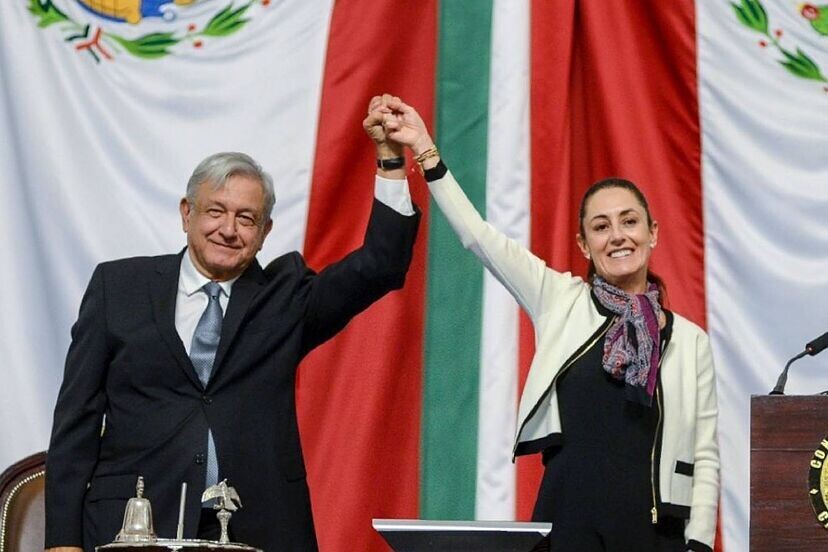
Demanding that police and federal forces contain better-armed cartels without the possibility of a proportional or greater response if necessary is to condemn them—and with them, the citizenry—to defenselessness. The government's own recent actions—coordinated extraditions, operations against mid-level commanders, a blow to logistics chains—demonstrate that there is no alternative to legal, selective, and verifiable coercion. By Daniel Romero. Buenos Aires, November 9, 2025 – Total News Agency-TNA. Recent statements by President Claudia Sheinbaum—that “returning to the war on drugs is not an option… it is a license to kill, it is moving towards fascism,” and even that such an approach would be “outside the law”—create a dangerous rift between the rhetoric and the reality of organized crime in Mexico. Without coercive power—and its eventual armed use within the law—there is no rule of law, only capitulation. The 19 years since 2006 have left harsh lessons: the poorly designed military approach, without controls or financial intelligence, multiplied the damage and fragmented the cartels. Cartels are not an abstraction: they are paramilitary structures, heavily armed, that challenge the State, attack authorities, and murder civilians who resist them. “Hugs, not bullets.” “Fighting the narco is illegal. It is outside the law because it is a license to kill”—the President of Mexico. Not even Alberto Fernandez at the time was so flustered. Social media mention removed. This is not about justifying abuses or uncontrolled operations. Cartels do not come to the courthouse with flowers; they arrive because the State investigates, apprehends, dissuades, and, if attacked, repels. The constitutional State, in turn, is obligated to arrest, disarm, and subject to due process those who operate as private armies. The dilemma is not “war yes or no”; it is whether the State assumes its monopoly on force with legality and effectiveness, or if it cedes entire areas to criminal powers that impose curfews, extort producers, recruit children, and murder journalists. When Ms. Sheinbaum states that “returning to war” is “fascism,” she confuses the categories. This implies that there will be confrontations when criminals shoot at authorities. But none of this works if, from the top, it is suggested that the use of force is “illegal by definition.” Mexico deserves a clear message: there is no “license to kill” here, there is a mandate to protect. This means that every intervention is governed by law, is documented and audited; that abuse is punished; and that whoever shoots at civilians or authorities will face the State with all its capacity, within the constitutional framework. In that context, the presidential message sounds not just permissive but disconnected from the State's primary obligation: to protect the life and liberty of its citizens with legal instruments, including, when the crime imposes it, public force. The message to the cartels must be forceful: we are coming for you, and if there is resistance, it will be your last action. Fascism is the denial of law and life; the fascist is the narco that executes and terrorizes. But another thing is to deny the violent nature of the enemy. How does the Head of State expect the capos and hitmen to appear in court? This practice must be given an explicit framework: measurable objectives (reduction of homicides and disappearances), priorities (extortion and territorial control over spectacle), traceability of operations, internal and external controls, and financial intelligence to dismantle assets. The other—ambiguity—only strengthens the violent. But confusing the legitimate and proportional use of force with a “license to kill” is to, in advance, delegitimize any coercive effort of the State against organizations that use assault rifles, .50 caliber machine guns, explosive drones, and coordinated blockades to dominate territories. A realistic strategy combines patrimonial investigation, territorial control, interdiction, international cooperation, and high-impact operations with clear rules. A modern security policy demands intelligence, chain of custody, robust judges and prosecutors, forces trained in human rights standards, and accountability mechanisms. Clearly, Sheinbaum's position is the same as her predecessor, now being investigated for his narco ties. With an invitation and a “please, surrender”?














